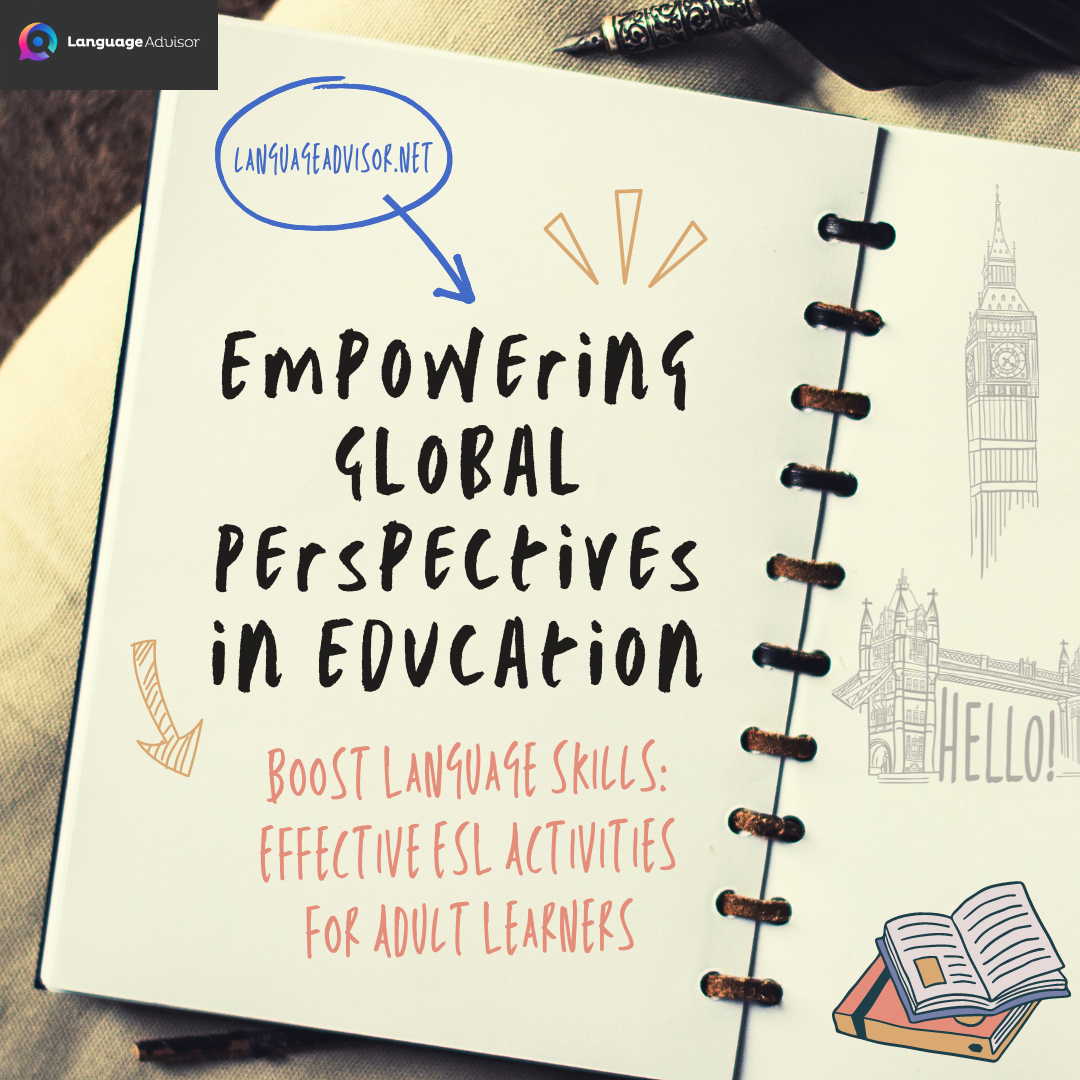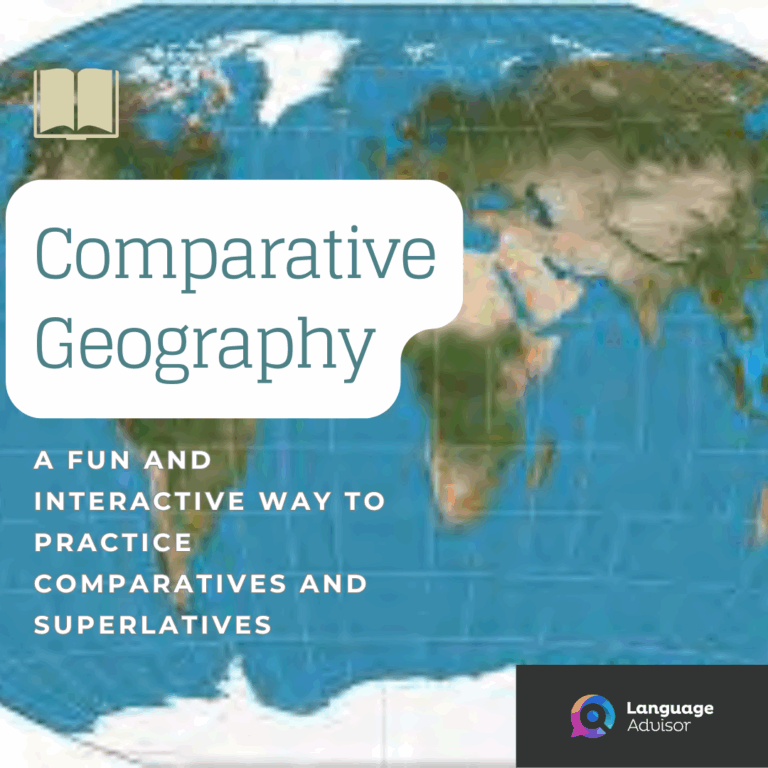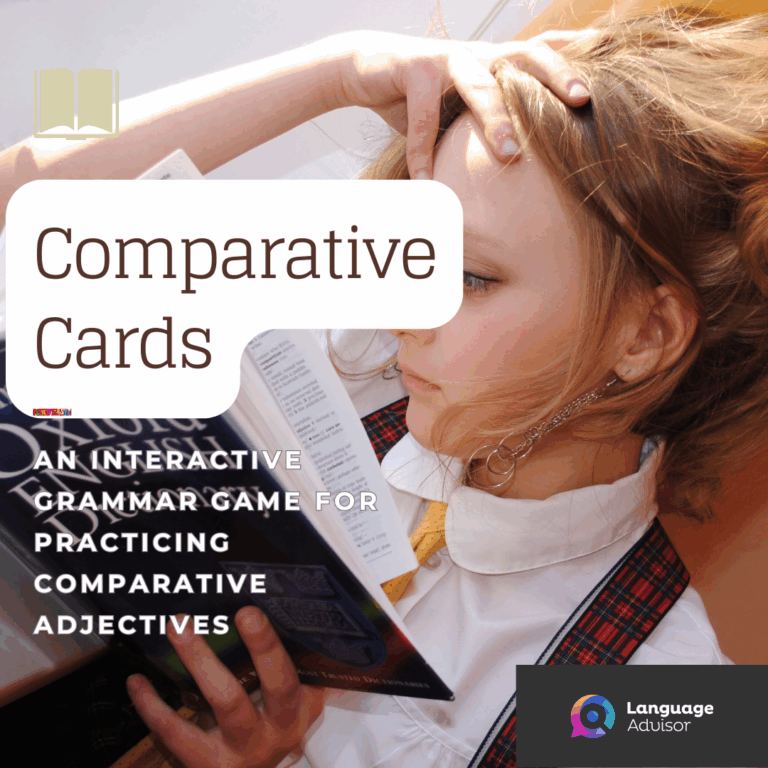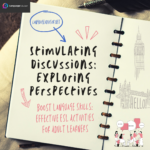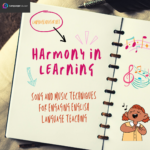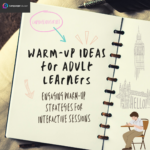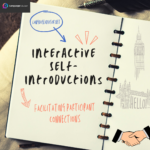Empowering Global Perspectives in Education. Boost Language Skills: Effective ESL Activities for Adult Learners
Empowering Global Perspectives in Education

Boost Language Skills: Effective ESL Activities for Adult Learners
Expanding the cultural perspectives of adults poses unique challenges compared to working with children. Fortunately, linguistic barriers are likely to be less prominent, given that the adults you engage with probably possess better English skills. However, the real obstacle lies in dismantling a lifetime of influences that often emphasize the perceived differences between different cultures and all other ethnicities, languages, and cultures.
Addressing these deeply ingrained beliefs requires patience, creativity, and a sense of humor. You’re essentially countering several decades of influence with your own life experiences and understanding of our shared humanity. In the analogy of planting seeds for cross-cultural education, you might only be “soaking the seed” to make germination easier. It might take several generations for the first shoots to appear above ground, and it’s crucial to recognize that your contribution may not be fully evident during your tenure.
The activity that follow offer a compilation of cross-cultural activities, tailored to adults and children alike, providing a versatile toolkit for fostering cultural understanding in diverse settings.

Empowering Global Perspectives in Education
“Education is not moving rapidly enough to provide the knowledge about the outside world and the attitudes towards other people that may be essential for human survival.” – Edwin Reischauer
In the realm of language teaching, the English ESL Programme extends beyond the confines of grammar and vocabulary. It stands as a unique exchange initiative focused on internationalization, aiming to foster global awareness, international understanding, and effective cross-cultural communication.
Key Objectives for Language Educators:
- Global Issues: Addressing world problems such as war, poverty, prejudice, and pollution alongside global concerns like AIDS, human rights, world hunger, and the environment.
- Geographic Literacy: Educating students about the countries, cultures, and diverse peoples that form our global village.
- World Themes: Exploring international topics such as world customs, gestures, food, flags, music, and religions.
The Role of Global Education:
Global education emerges as a pivotal field, promoting knowledge, attitudes, and skills essential for responsible living in a multicultural and interdependent world. This approach seeks to bring about changes in the content, methods, and context of education, preparing students for global citizenship.
Why Consider a Global Education Approach:
- Relevance: Topics taught align with world events, ensuring daily lessons remain pertinent.
- Motivation: Global issues are inherently interesting and significant, motivating students.
- International Expectations: Language learners perceive foreign language classes as a window to the world, expecting an international perspective.
- Educational Emphasis: Global awareness is a key educational objective supported by the United Nations, and UNESCO.
- Contextual Language Learning: A content-based approach with real-world issues engages students in meaningful communication, enhancing retention levels.
- Versatility: Global issues provide rich material for oral communication activities, including show-and-tell, games, quizzes, and role plays.
- Critical Thinking: Global issues naturally facilitate debate and discussion, nurturing higher-level thinking skills crucial for short and long-term student development.

Empowering Global Perspectives in Education Also check out these English ESL activities for adults

Did you find this article useful? If you have additional ideas, share them in the comments section below


